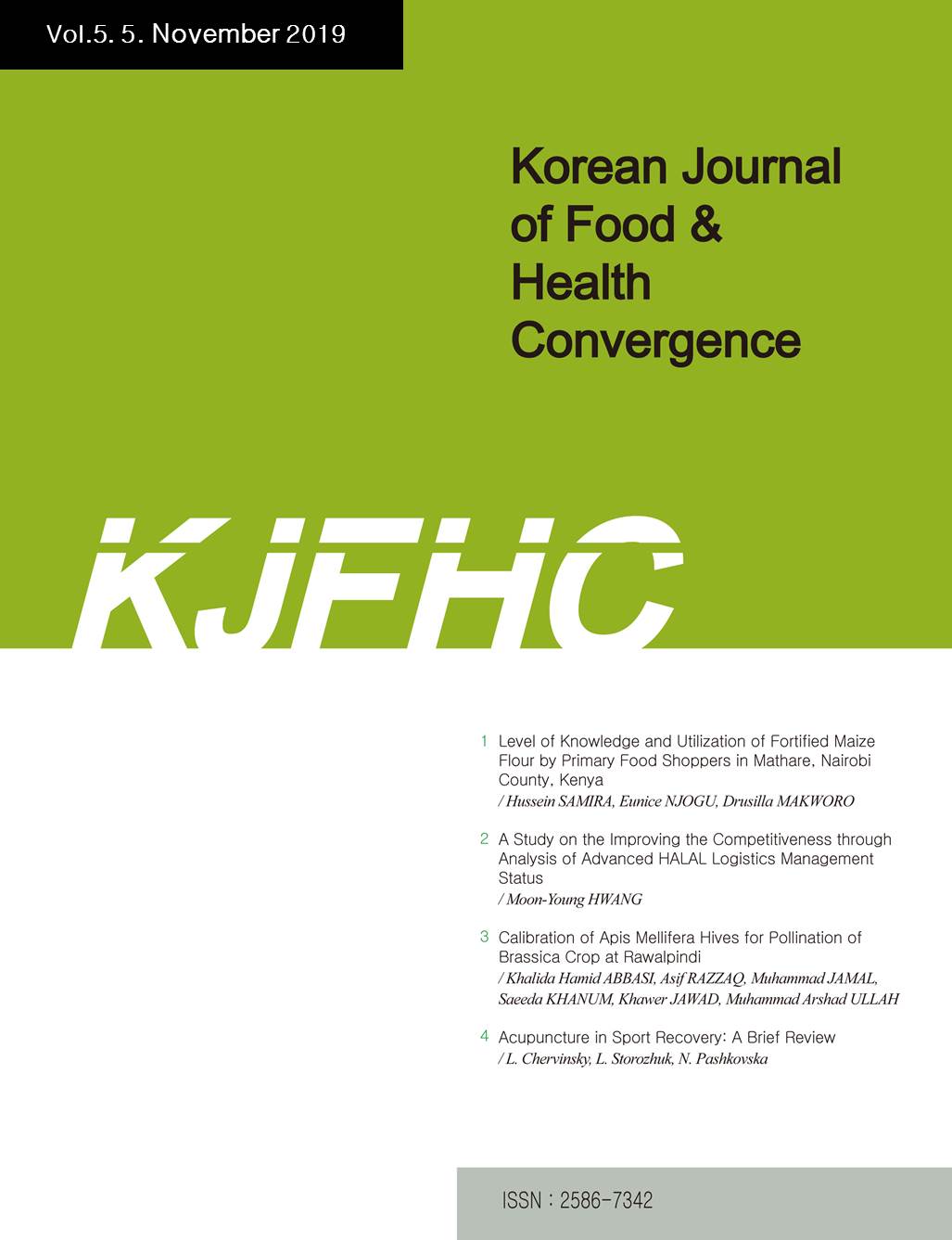- Log In/Sign Up
- E-ISSN2586-7342
- KCI
 E-ISSN : 2586-7342
E-ISSN : 2586-7342
KANG, Minsoo
Abstract
The aging of the population has a fundamental impact on the national economy, including decline in productive population, atrophy of available funds, slowdown of technological innovation, slowdown of economic growth, and decrease in vitality of society as a whole. Increase of elderly population would lead to increase in elderly welfare consumers, which would also lead to increase the demand for elderly welfare services. However, due to the continuation of the low birth rate, there is a great shortage of human resources who can handle this. In such a situation, the main goal of the elderly welfare system in the future should aim to actively try to design effective policies, prepare systems, and implement services for the problems of the aged society, and to find ways to expand the finances, manpower, methods, and facilities necessary for the welfare of the elderly. Elderly welfare services in Korea have been changed and developed in accordance with socioeconomic changes such as industrialization and urbanization. This study examines the changes in elderly welfare services in Korea by the flow of times and presents a method which utilizes artificial intelligence and Internet of Things in services for the elderly welfare consumers to improve both quality and efficiency.
- keywords
- Aging Society, Elderly Welfare Service, Artificial Intelligence, IoT
- Downloaded
- Viewed
- 0KCI Citations
- 0WOS Citations
